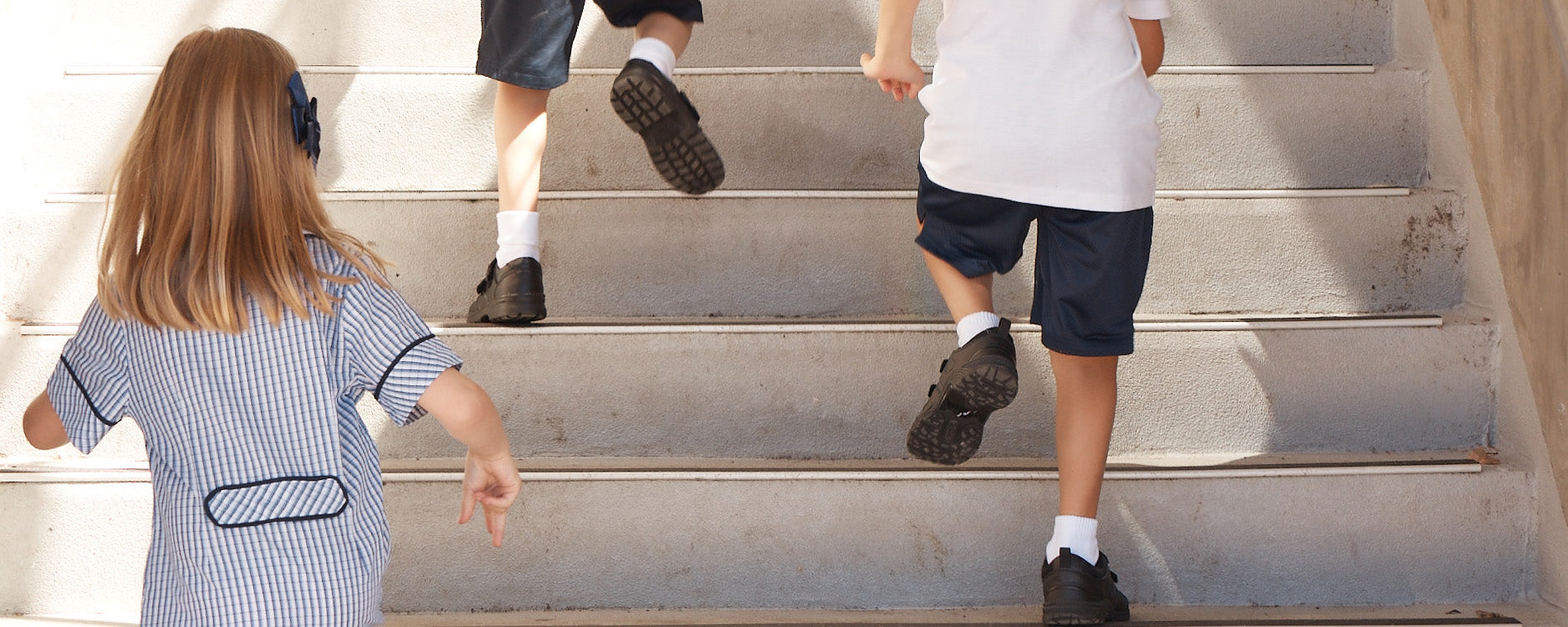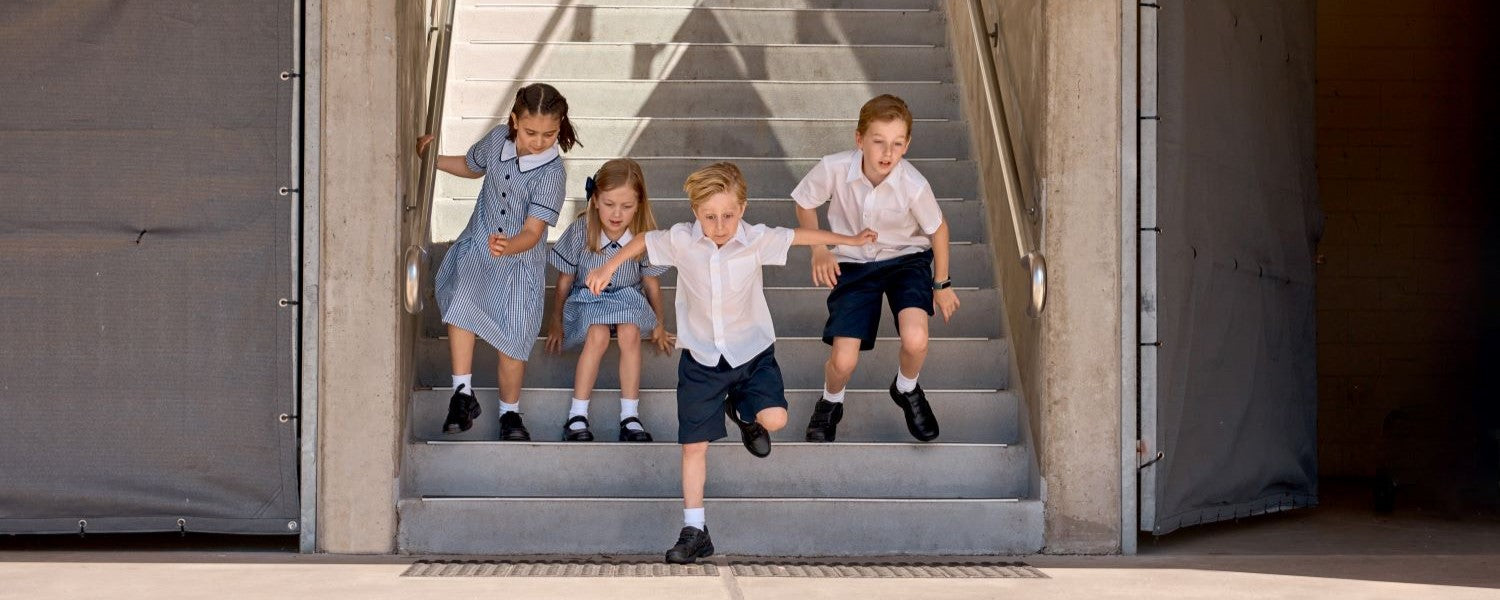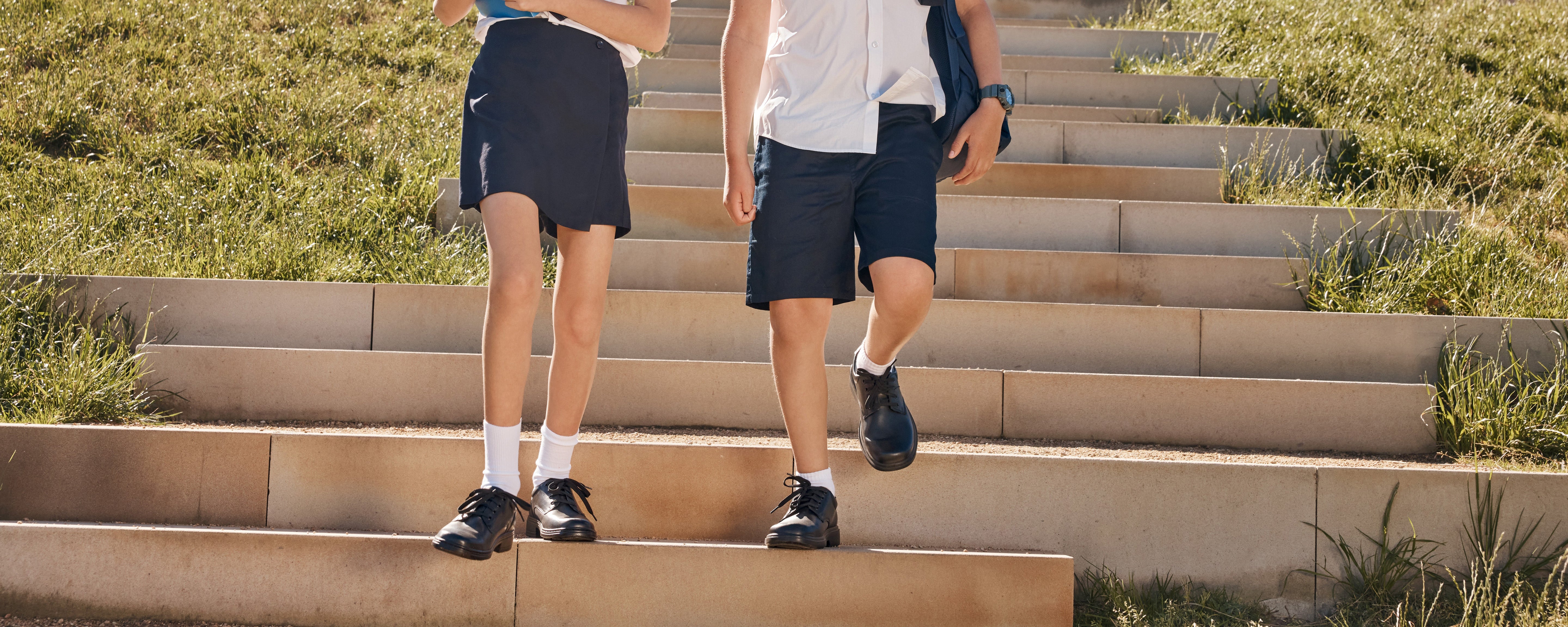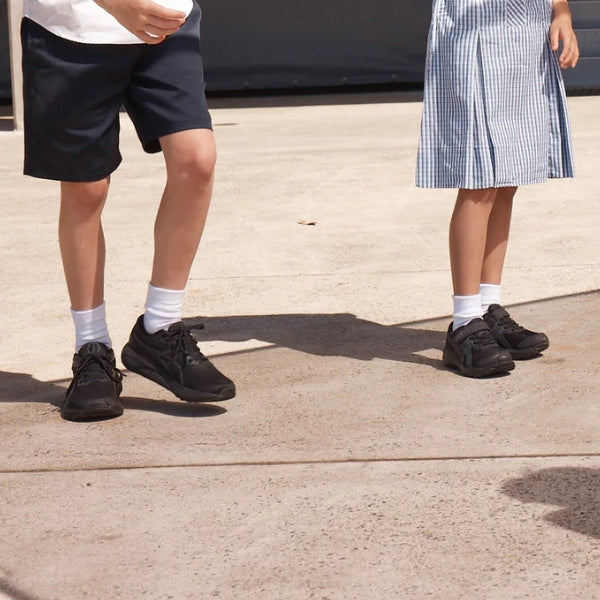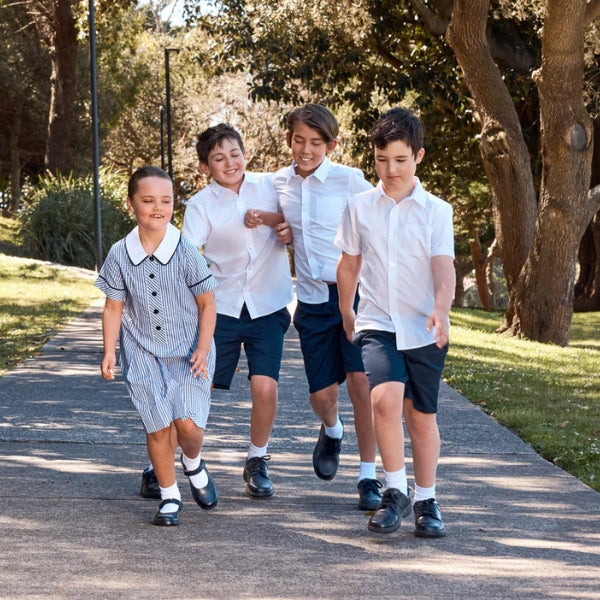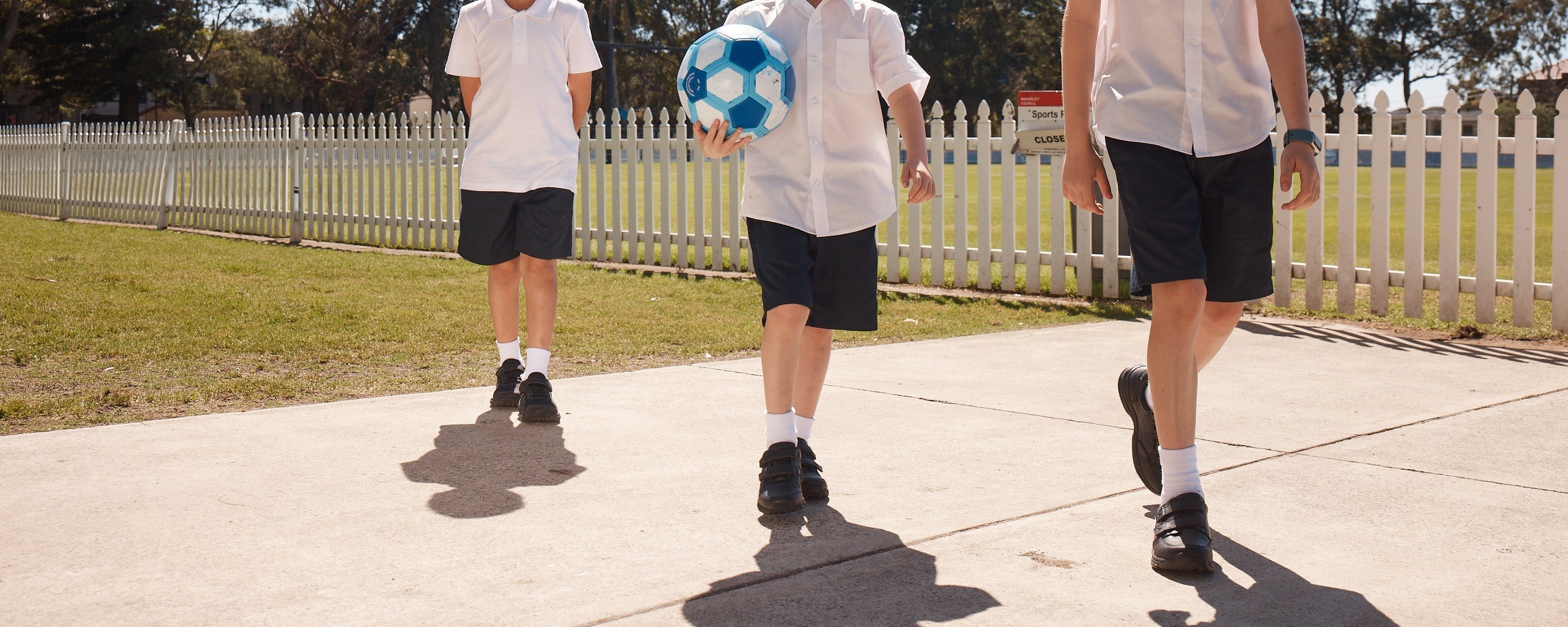
Helping Children With Friendships
It’s such a wonderful feeling when your child makes a good friend. We are so happy when our kids have a buddy to navigate the school yard with. However one of the hardest moments as a parent is to hear of your child struggling to make friends.
We sat down with Gen Muir from Connected parenting, who is also a mum of four boys. She shares the realities of what friendship looks like at school and how we can truly support them with navigating them.
Helping children with friendships
(What to do when your child says they had no one to play with)
When your child comes home and says they are sad about the fact that no one played with them today, or that someone was unkind to them, it can be heartbreaking.
As parents, the thought of our child being teased, left out or excluded can have us feeling scared and helpless. It can bring up past feelings of when we were left out. We can quickly and easily go to the place of blame, shame or fear.
The truth is all kids will have days where things don’t go right in the playground and not all ‘friendship fires’ need a parent to intervene.
Here is what to do when your child has a bad day with friends:
Listen
When our child tells us no one played with them it can make us want to spring into super-parent save the day mode faster than a speeding bullet. We want to know who did it (so we can talk to their parents) or ask our child if they “told the teacher” or sometimes we may jump to giving our child advice about the fact that maybe if they were kinder to others for example, this wouldn’t be happening….
We kind of know none of these reactions are what our kids need, and it can so easily happen. Deep down, we know what our kids need. They need the same thing we all need when we have a hard time. To be heard.
What if next time your child says ‘no one played with me’ you took a deep breath, paused for just a second and said: ‘Oh, that’s really tough. I can see you’ve had a really hard day.’ You may pause and give your child a moment to process that you hear them.
Sometimes we can let our child know what it’s like to have that feeling by adding something like ‘sometimes I feel left out too’ or ‘I remember being left out when I was about your age and it made me feel lonely and sad ... is it like that for you?’
Emotion coach
More than a judge, or a saviour our kids often need someone like us to help ‘coach’ them on what to do next as if we are coaching a sportsperson from the sidelines.
A coach isn’t too quick to give advice, they are likely to watch and then guide you. This is what kids need.
Once kids feel like we “get it" about what happened in their days, they often don’t need much else from us. Friendship fires mostly blow over fast and just feeling safe and heard helps our kids a lot.
However when the problem is ongoing, or your child needs more help you can emotion-coach them.
To do this we want to
1. Describe what happened
This is just making sure we understand what happened and how it made our child feel, and what they’ve already tried. This process helps our child to replay what happened while safe and connected and helps the brain to process it.
2. Ask your child about what they might do if this same thing happened again?
You might ask directly or ask if they would like you to suggest ideas for how they might manage the situation.
I love to use the word ‘wonder’ when coaching because it’s less confrontational and it opens us and our child up to being more creative with the answers. It may sound like this: ‘Feeling left out is really tough. Have you thought about what you might do if it happened again tomorrow? I wonder if you have ideas about what you could do?
It is in this supported and open environment that you can help your child to come up with a plan that may or may not involve letting the school know. I have found over the years that the best solutions for friendship fires or struggles at school have come from my kids, it will be in a moment of emotion coaching that my child will come up with a brilliant way to handle things, and seeing them develop the skills to manage relationships long term is a really incredible thing to observe.



















